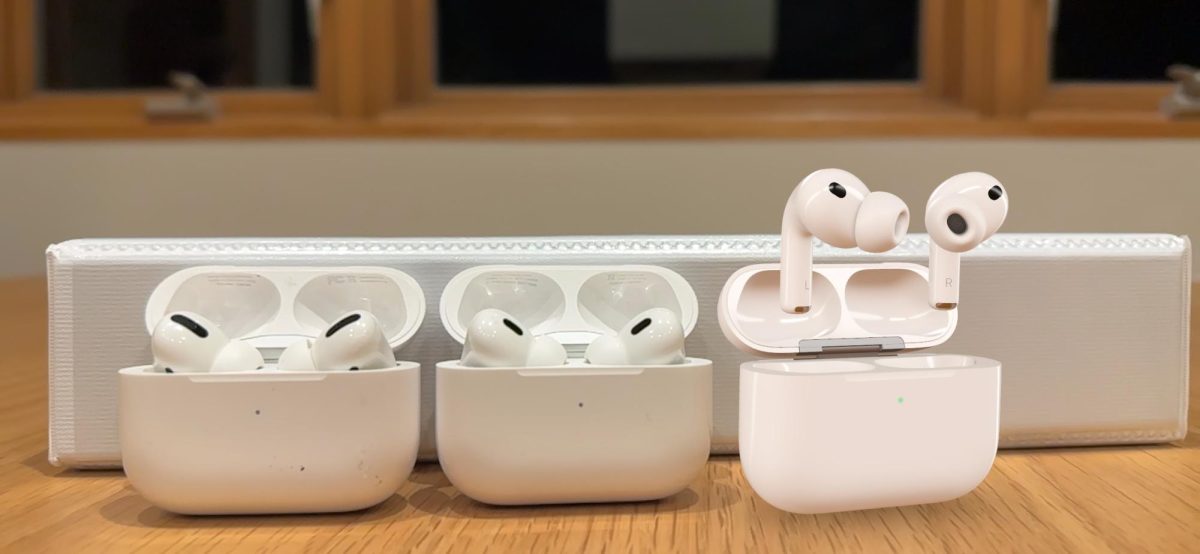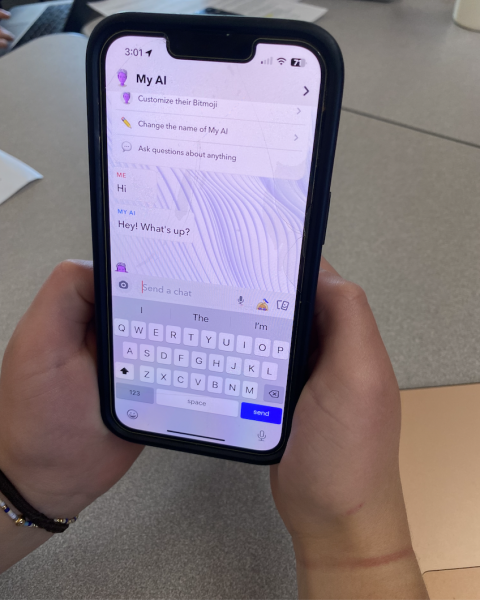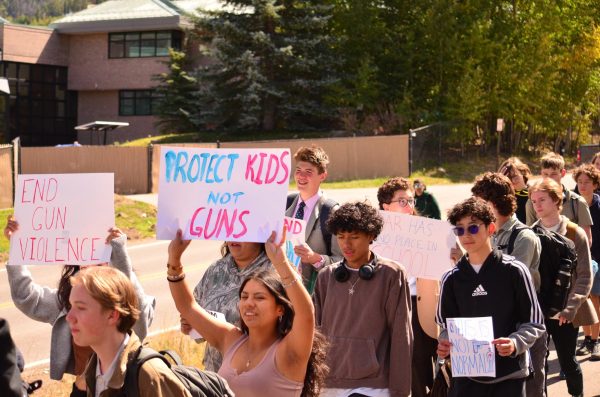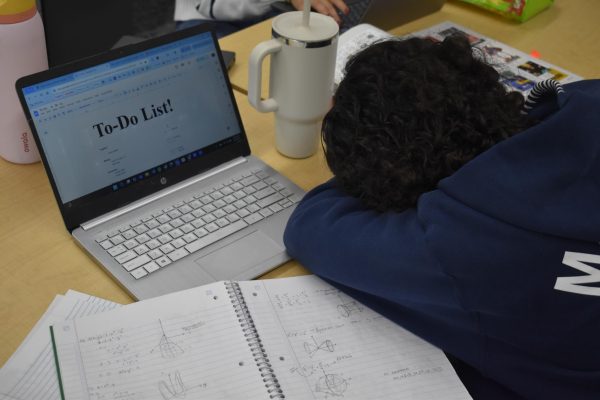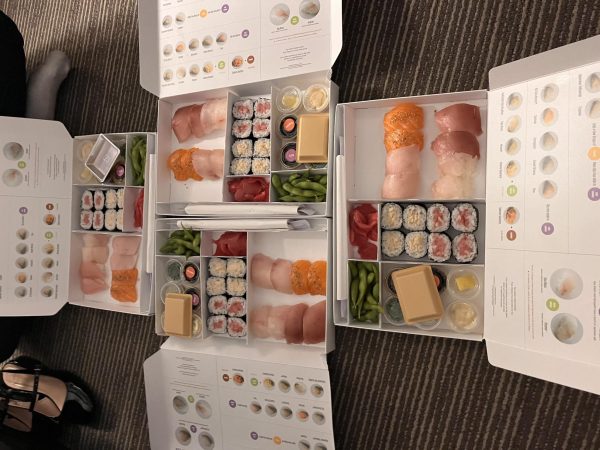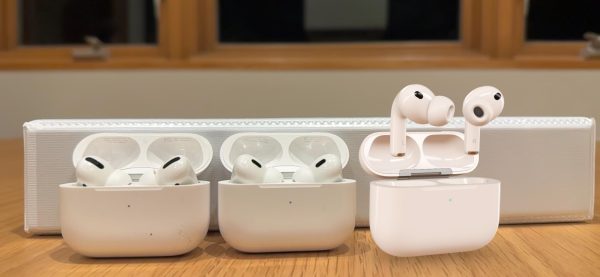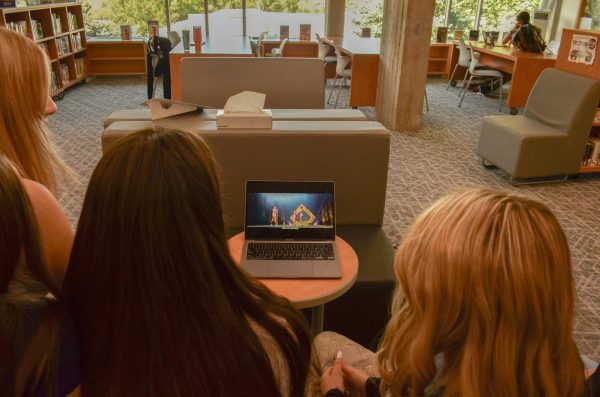“Period Poverty” must come to an end in schools
Cover page of Period.org, a non-profit that works towards ethical human rights and access to feminine hygiene products
Recently, Ann Arbour Michigan stated that it would require all public restrooms in the city to carry free menstrual products under a new ordinance that took effect on Jan. 1. Ann Arbour is one of the few U.S cities to finally take action on a global issue: “Period Poverty,” which almost a quarter of students globally battle with.
The Global Citizen defines Period Poverty as “a lack of access to sanitary products, menstrual hygiene education, toilets, hand-washing facilities and/or waste management.” Among other public spaces, Period Poverty must end in schools, and initiatives like Ann Arbour’s are just the beginning.
For many students worldwide, schools are a source of food, education, and other resources they may lack within the walls of their home. Unlike food, heat, or education, most schools do not provide menstrual hygiene products for students.
Period Poverty is a pressing issue, as nearly 22 million women in the U.S. alone cannot afford these products monthly. On a global scale, 131 million girls cannot attend school due to a lack of menstrual products, meaning that millions of women are receiving unequal education to men due to Period Poverty.
Ann Arbor Mayor Christopher Taylor told NPR, “It’s [Period Poverty] a matter of equity and personal dignity.” Not only are actions like Ann Arbour’s destigmatizing menstrual hygiene, but they help to restore the inequity women face in education because of Period Poverty.
Period Poverty is not solely an economic issue but also a human rights issue. According to a “The State of the Period” report, 62% of students nationwide felt that they were ill equipped to manage their periods. 58% said they are negatively affected by negative associations with periods.
Periods in schools should not be considered“gross” or “dirty” but as an indicator of good health. Hygienic supplies like toilet paper are in full stock at most public schools without question or ridicule, so why not feminine products?
According to Maria Molland, CEO of Thinx, “Most students still feel they should be ashamed of their bodies and their periods, and they want to see additional advocacy around menstrual equity. It’s on educators and policymakers alike to step up and push for both better access and better education on periods and period products.”
Globally and nationally, there has been a lack of serious action towards the betterment of Period Poverty. Access to menstrual products is a fundamental human necessity, just like other services provided at schools, such as education and food.
It is time for more mayors, leaders, and governmental figures to follow in Christopher Taylor’s footsteps and take action to end Period Poverty in public spaces and schools. Period Poverty is an economic and humanitarian issue, causing inequity and public shame for millions of women globally.
“Access to period products and accurate information is vital for education, public health, racial and socioeconomic equity, and the empowerment of our future leaders,” said Maria Molland, CEO of Thinx.

Hannah Smith is a senior at AHS and an Editor-In-Chief of the Skier Scribbler. This is her third year writing for the paper. In her free time, Hannah loves...


